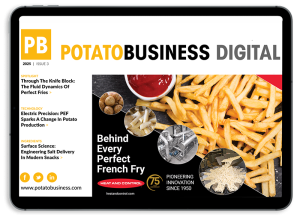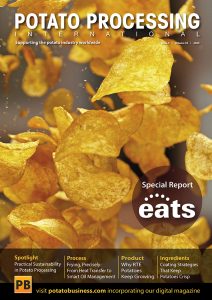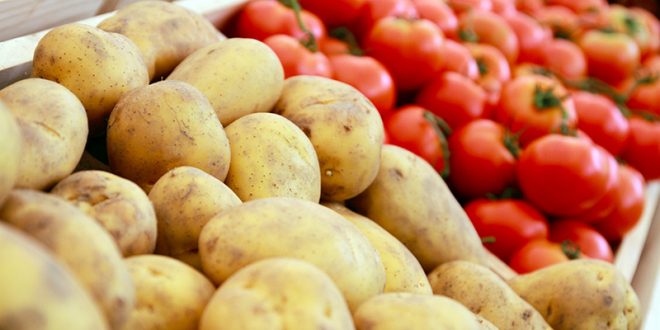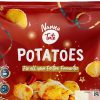Snackbrands Australia Turns Used Cooking Oil into Chip Packets in Industry First
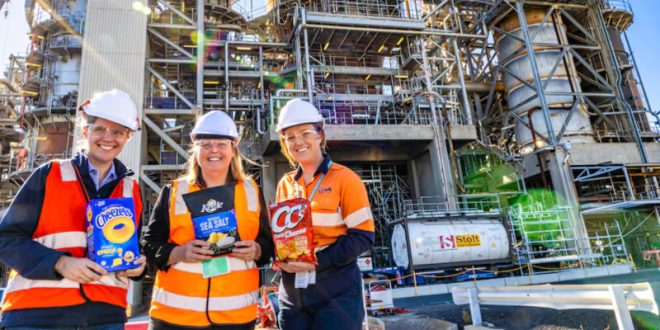
Snackbrands Australia has completed a trial converting leftover cooking oil from its Sydney operations into soft plastic packaging at Viva Energy’s refinery in Geelong, in what is being described as an Australian first.
The pilot project saw around 120 tonnes of used cooking oil processed into 100 tonnes of plastic, enough to manufacture 15 million packets for the company’s snack brands, which include Thins, CCs and Cheezels, ABC News reported.
Snackbrands’ director of innovation and sustainability, Tracey Seager, said the initiative reduces the company’s dependence on virgin plastics while cutting greenhouse gas emissions. “For us, the exciting thing about the used cooking oil into packaging is it means that anything that we can send there, that would’ve gone to those other areas, means we’re importing less fossil fuels or less tankers of oil coming into the ports in Australia,” she told ABC News.
Viva Energy, which produces about 80,000 tonnes of soft plastic annually for food packaging, takeaway containers, bank notes and medical supplies, said it intends to replace more crude oil with used cooking oil and plastic pyrolysis oil over the next five to 10 years. James Harrington, the company’s sales and commercial manager, told ABC News that broader uptake will require “investment, collection, legislation and support from the government around mandated content for recycling targets.”
A challenge remains in how the new bio-based packaging is disposed of. Currently, it can only go to landfill, raising questions from sustainability experts. Trevor Thornton, senior lecturer in sustainability at Deakin University, told ABC News that clear guidance on disposal was essential to avoid contamination of recycling streams. He added that industry should also focus on reducing packaging volumes overall.
The trial packaging is expected to reach retail shelves in 2026, marking a potential step forward for Australia’s push to reduce reliance on fossil fuel–based plastics.

